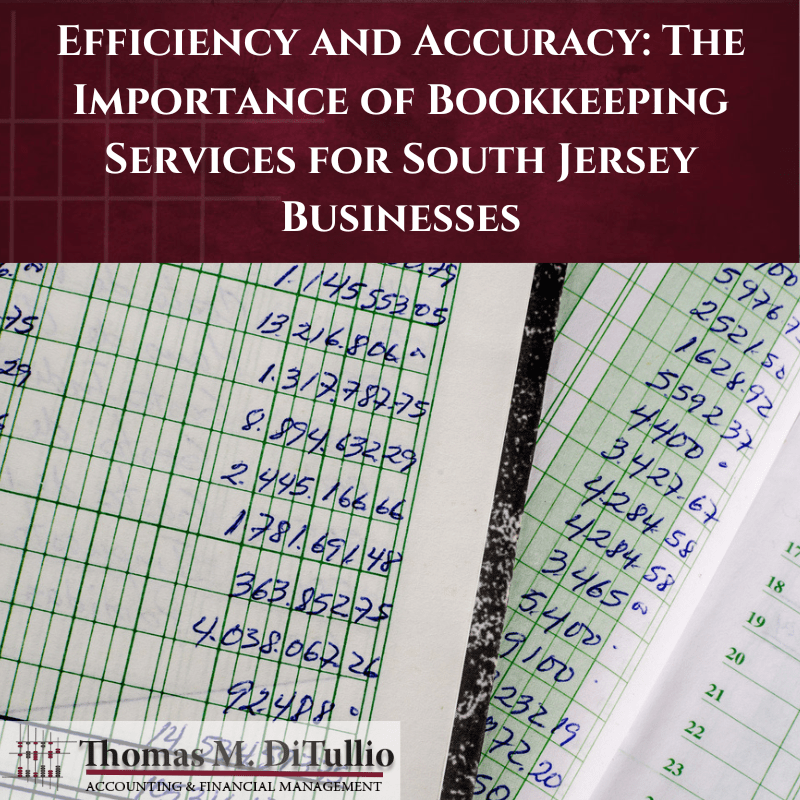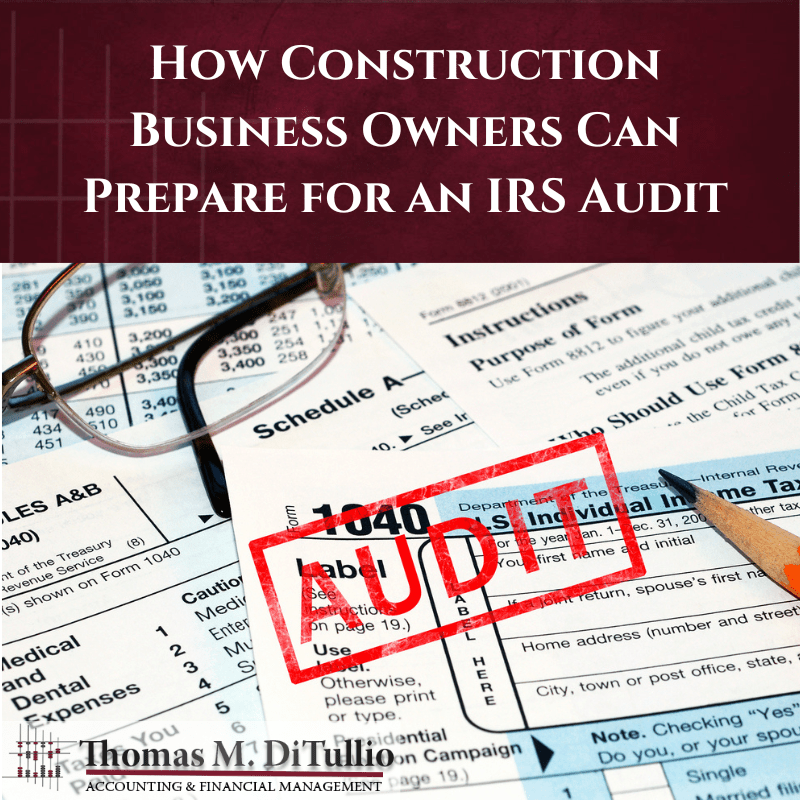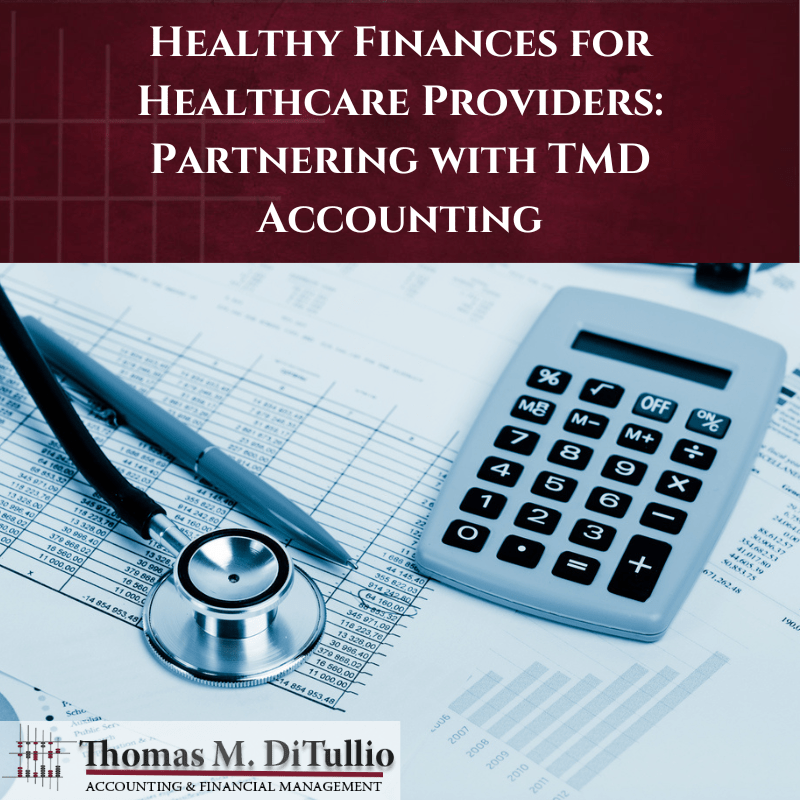Accounting Solutions for Auto Body Shops in Gloucester County: Boosting Bottom Lines
When you opened your auto body shop, you likely did so because you enjoyed beautifying vehicles, bringing them back to their original beauty and helping others restore their vehicle after an accident. What you may not have realized is the hours you would spend handling the business side of your company, dealing with taxes, balance sheets, inventory and more. The team at TMD Accounting offers these reasons why the answer to “do I need an accountant for my small business?” is yes if you want to boost your bottom line.
The Accounting Needs of Auto Body Shops in Gloucester County, NJ
There is no doubt that you need to understand the financial position of your company, but you likely do not need to spend your time dealing with the day-to-day aspects of bookkeeping. It is likely you have staff that deal with payments from insurance companies and customers as well as keeping the bills paid. You may even have staff who manage your payroll. These are just a few of the financial matters that are critical to your business success. You need to be sure you are using the right accounting method, that you are filing the correct forms and that you are submitting taxes as required by the IRS. You must also create accounting documents like balance sheets and income statements. These also may need to be filed with your state or the federal government. These requirements are where an auto body shop accountant in Gloucester County can help.
What is the Bottom Line for Your Auto Body Shop
A lot of people talk about the bottom line in accounting, but let’s summarize what it means anyway. The bottom line in accounting refers to the earnings, net income and profit, or earnings per share, of your company. This information is often found at the bottom of your company’s income statement which is why it is known as the “bottom line.” In the business world, the bottom line is often used when discussing any action that may impact your net earnings. Reducing costs or growing earnings means you are improving your bottom line, for instance. Small business accounting services often focus on the bottom line as they manage your finances in a way that will help your company grow.
Why is the Bottom Line Important?
Your bottom line is one of the most important financial aspects of your business to monitor as it gives an overview of the revenue and expenses during a specific accounting period. Keep in mind the bottom line only reflects data related to the specific dates on the income statement. The net income transfers to retained earnings on the balance sheet and can be used in several ways. You can use it for dividends if your company has stockholders or retain it for future growth or investment.
How Can Small Business Accounting Services Help Your Bottom Line
There are several ways that an auto body shop accountant in Gloucester County can help your bottom line. These include:
- Tax Compliance and Reporting: Personal taxes must be filed just once each year, but business tax filings have four deadlines each year. In addition, the IRS software requires forms be submitted in certain formats, something that TMD Accounting has extensive experience with. In addition, your NJ auto body shop accountant will make sure that you meet all the deadlines required under state and federal regulations.
- Cost Savings: Tax accounting can be complicated and if you are not sure what you are doing, you could miss a deduction or credit that may provide you with tax savings. Even worse, you could make a mistake that could result in penalties and interest in the future. Using an accountant for your NJ auto body shop can protect you from errors that could be extremely costly. They can also review your expenses to determine if there are any areas you could cut costs. This is just one more reason to say yes to the question “do I need an accountant for my small business?”
- Budgeting and Forecasting: Another benefit to using small business accounting services is that they can provide advice on budgeting and forecasting. An accountant can review your cash flow reports as well as other documents to determine what you are spending and identify areas where you may be able to save. They can also provide you information on future earnings or expenses, allowing you to plan ahead for better growth.
Get Personalized Service from a Local NJ Auto Body Shop Accountant
Choosing a local auto body shop accountant in Gloucester County means you will get personalized service. They work to build long-lasting relationships so that they can help you reach your business goals. As your company grows, they will provide advice based on your personal needs, not with a cookie-cutter approach to your business. You will develop a personal relationship with a local accountant instead of speaking to a different person each time you call. A local company wants to help your company grow as that helps their company grow.
Trust and Knowledge
When it comes to your company finances, you want to be sure you can trust your accounting firm. Choosing a local company provides that trust as you feel as if your money is in good hands. Simply talk to other companies in the area and you will likely find that a good auto body shop accountant in Gloucester County has developed a strong reputation with others in the community. Not only that, but a local accountant also comes with local knowledge. A large, national firm may not have an understanding of the Gloucester area, while a smaller, local firm will know what it takes to grow a business in that area. A local accountant will provide services that meet your needs, not just their own. They understand that you want to keep your costs down as much as possible, but still get the quality service necessary to keep your auto body shop financially sound.
Asking Questions
Anyone who is not familiar with accounting may feel that their questions and concerns are unfounded or unnecessary. The fact is, your accountant is handling your money and there is no such thing as a pointless question. A local accountant is more likely to respond to a question with a thorough answer in terms you will understand rather than using complicated phrases that the average lay person does not know. You should always feel comfortable asking your auto body shop accountant in Gloucester County a question and their answers should be understandable. If they do not answer the questions or answer in “accountant speak,” you may want to consider finding a company that can provide you the answers you need.
Tips for Getting the Most from Your Accountant
Once you have decided that you agree you need an “accountant for my small business,” there are a few tips that can help you grow a good relationship with your accounting firm. When asked for information, provide exactly what they are asking for, such as bank statements or loan documents. Accountants are sticklers for deadlines, so when they ask for documentation, even if you think it is far too soon to provide it, remember that they are looking out for you. Get the documents to them as soon as you can.
Be honest with your auto body shop accountant in Gloucester County. They need to have a complete picture of your business financial health, so even if you make a mistake, let them know so they can address it quickly. This is true of omitting information. If you purchase equipment, be sure to inform the NJ auto body shop accountant as they will see additional payments or expenses in your documentation. Your accounting firm must have all the information to manage your finances properly.
Return on Investment
One of the main reasons to use a NJ auto body shop accountant is for the return on investment. An accountant will provide you with details on your monthly statements with advice on how to improve that bottom line. The truth is, an accountant will help your body shop run simply, smoothly and more efficiently. Having someone who understands numbers looking over your income and expenses should give you piece of mind that your business is financially sound.
Looking for a NJ Auto Body Shop Accountant?
Your auto body shop is your livelihood, and you want to be sure it runs smoothly for many years to come. At TMD Accounting, our motto is “where numbers matter and people count,” something we live by every day. Our staff takes immense pride in being friendly, flexible, reliable, and affordable. With more than 40 years’ experience in Gloucester County, our family-owned and operated business is here to be your auto body shop accountant in Gloucester County. For more information, give us a call at 1-856-228-2205 or fill out the online form today.


















